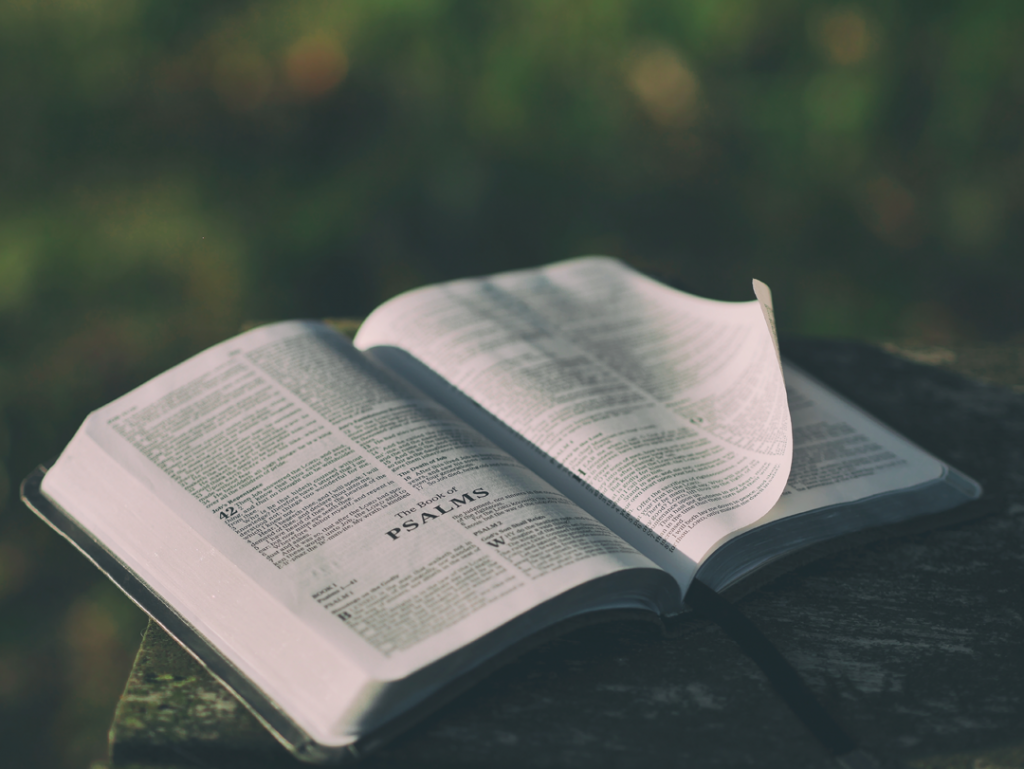Sermon — What we want

Early in Israel’s history people lived simply, herding animals and tending to agriculture. If there was a threat a charismatic leader, a judge or prophet, would rise up to meet the need. But, as the people of Israel looked around at other nations, they began to feel somewhat apprehensive. They worried about not having a clear power structure. So they reached out to the prophet Samuel; they wanted the power and security of a kingship. They demanded it!
Then, Samuel lays it all out for them. He says a king:
“will take your sons and use them for his chariots… or to do his plowing and harvesting… He will take your daughters to be perfumers, cooks, or bakers. He will take your best fields, vineyards, and olive groves... He will take your male and female servants…. and then you yourselves will become his slaves! When that day comes, you will cry out because of the king you chose for yourselves.”
The Israelites say, “No! There must be a king of us so we can be like the other nations.” Then, within the century, the people were begging the king for mercy, because as it turns out, the king was doing everything that Samuel told them a king would do.
In a way, we are faced with choices similar to the ones that the Israelites faced - do we go with God’s way, or do we take the way of the world? Do we take the path of love or fear? And just as the Israelites clambered for a king, so too, do we often choose the path of the world, the path of fear.
It’s crazy, but there are good reasons for it. Love is hard. Love involves vulnerability and trust. There is the old, “I’ll scratch your back if you scratch mine” problem. It takes one missed back scratching and trust is eroded.
Thirteen different places the Bible says not to charge interest. Yet we feel this is totally justified. If we put our money out there we want to make sure that we don’t get burned, that we get something for our trouble. And it just spirals out from there. It takes one time getting robbed and we are imprisoned by fear. Just go to the lock store and you’ll be astounded by the host of security equipment.
And being beholden to fear is only complicated by the fact that we aren’t starting with a blank slate. We aren’t the ones going to Samuel saying, “Give us a king.” We are the ones going to Rehoboam three generations later complaining that the burden is too great. Fear is an easy response when there are whole structures, whole institutions, whole systems built up around it, and love can be exceptionally difficult when it flies in the face of all that.
Now, I don’t think you should take the locks off your doors, or withdraw your money from interest bearing accounts, because things really aren’t that easy. But I do think it is good to ask the questions. If the systems and structures that we are a part of tear others down, if they are part of cultures of violence and greed and domination, then we are on the wrong path. It is good to examine life, to ask what the effects of our lives are – for us and for future generations. Because, if what we want is truly based in love, if our lives are lived in God’s ways, then love can only grow and bear good fruit, and to that I say, “Amen!”
Rev. Donald Hanna
Alamosa Presbyterian Church



